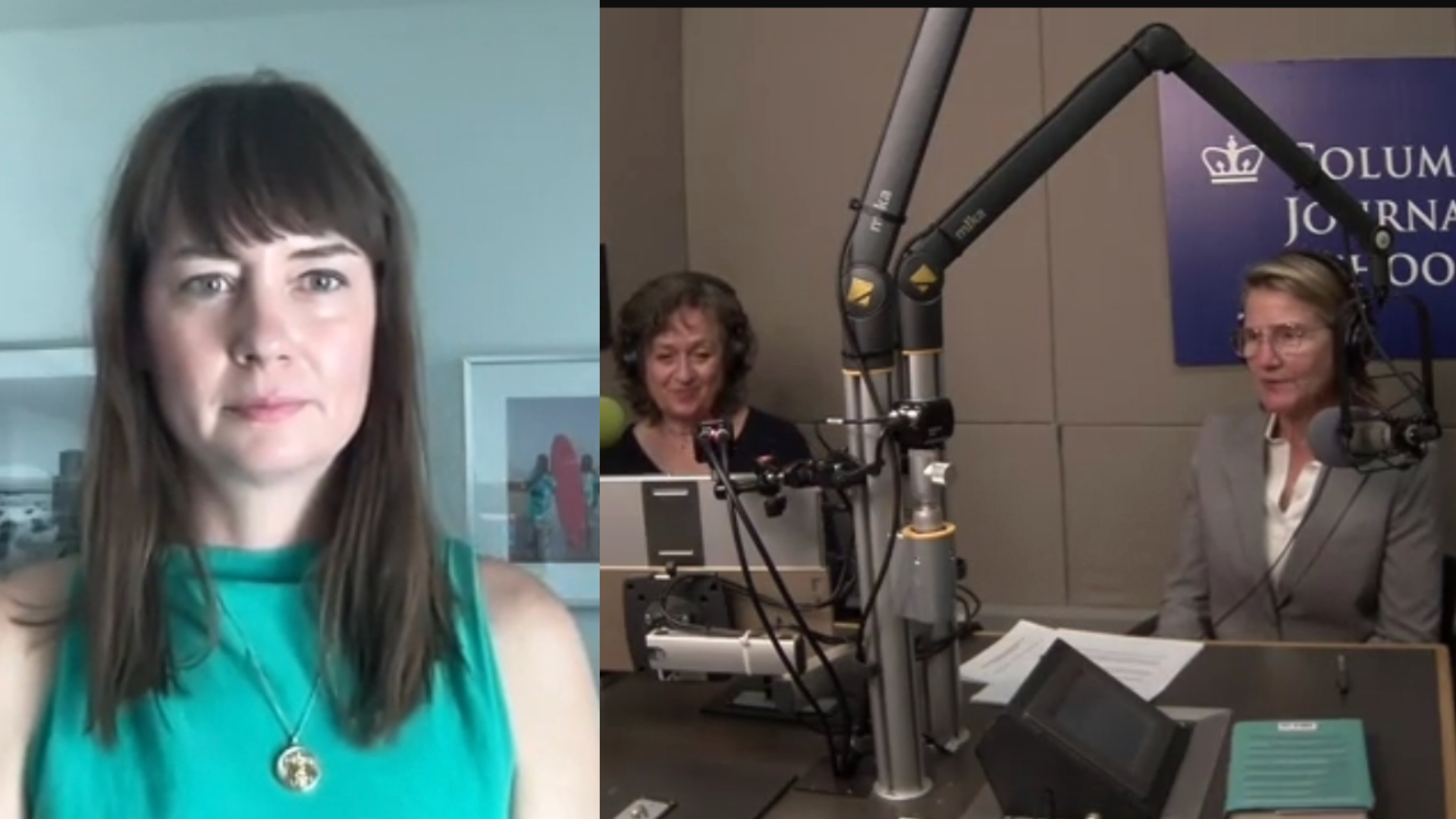“We understood the magnitude of the event fairly early on and the need to start collecting evidence…That's how we think of this. As evidence, not just cover or B-roll.”
— New York Times Visual Investigations Lead Malachy Browne on the January 6 Capitol riots.
“Day of Rage” is a New York Times visual investigation of the January 6th attack on the U.S. Capitol. Co-director Malachy Browne explains what it was like to organize and dissect thousands of hours of footage from “one of the most documented acts of political violence ever.”

